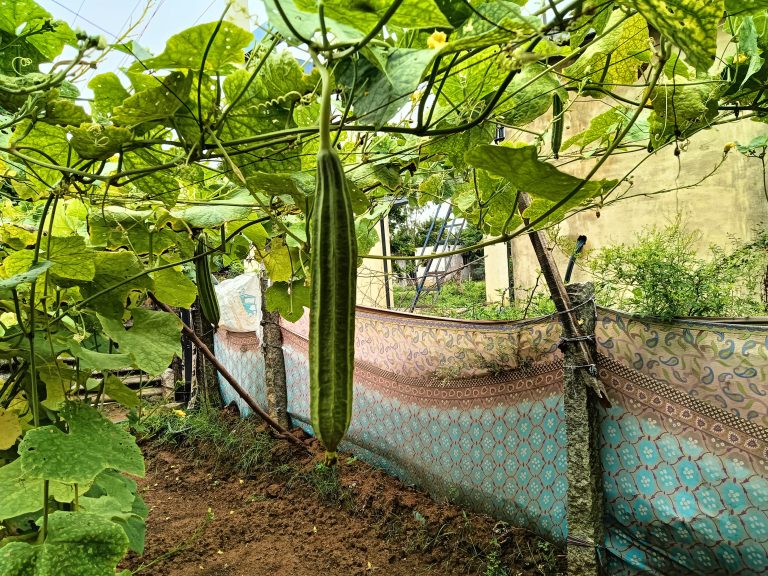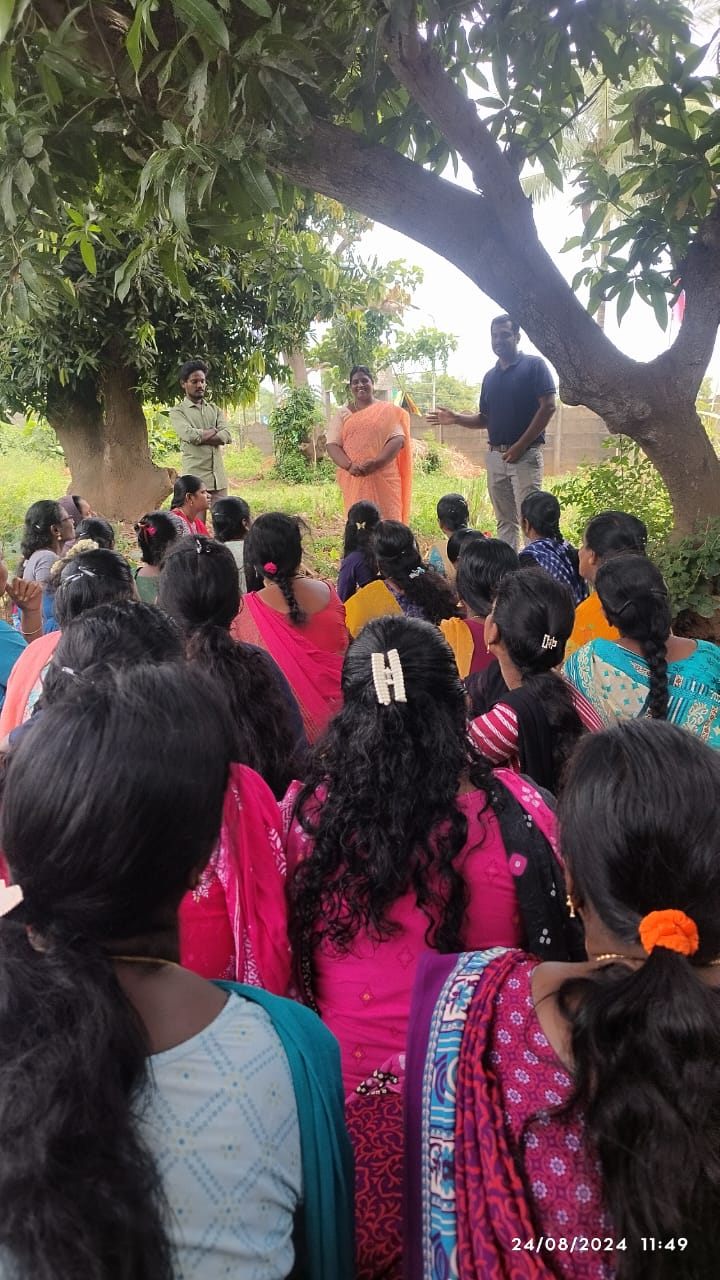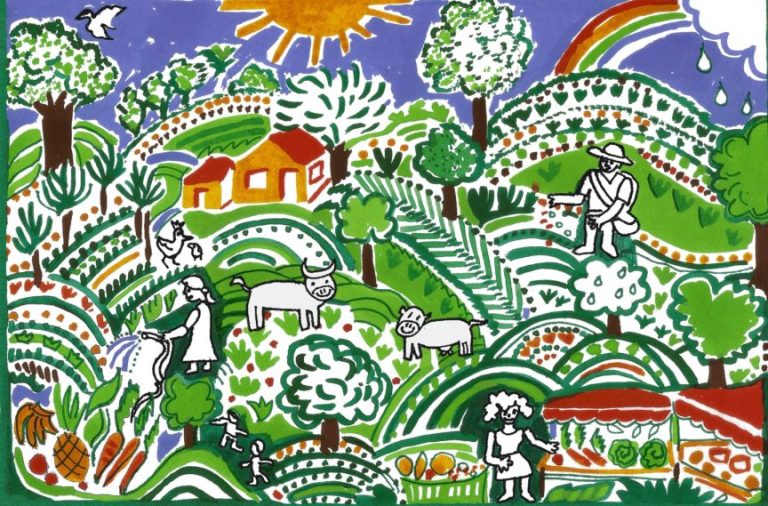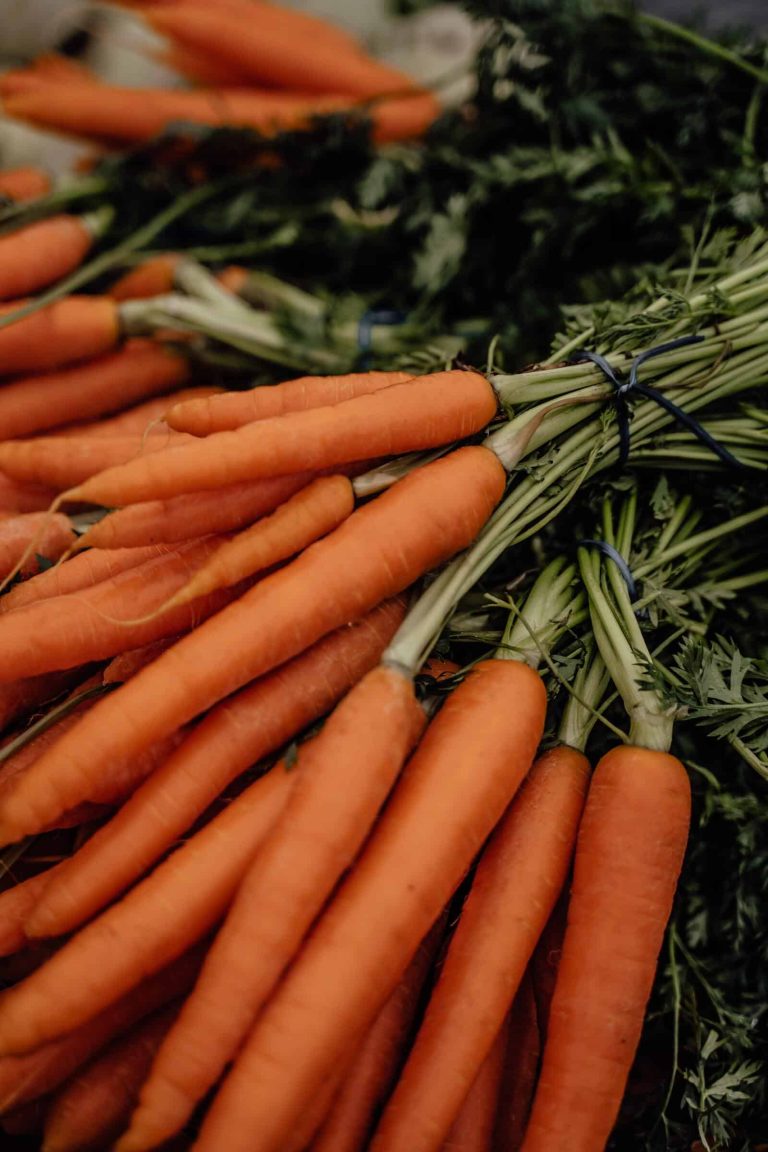Agroecology in Chennai: A Local Approach to Global Problems
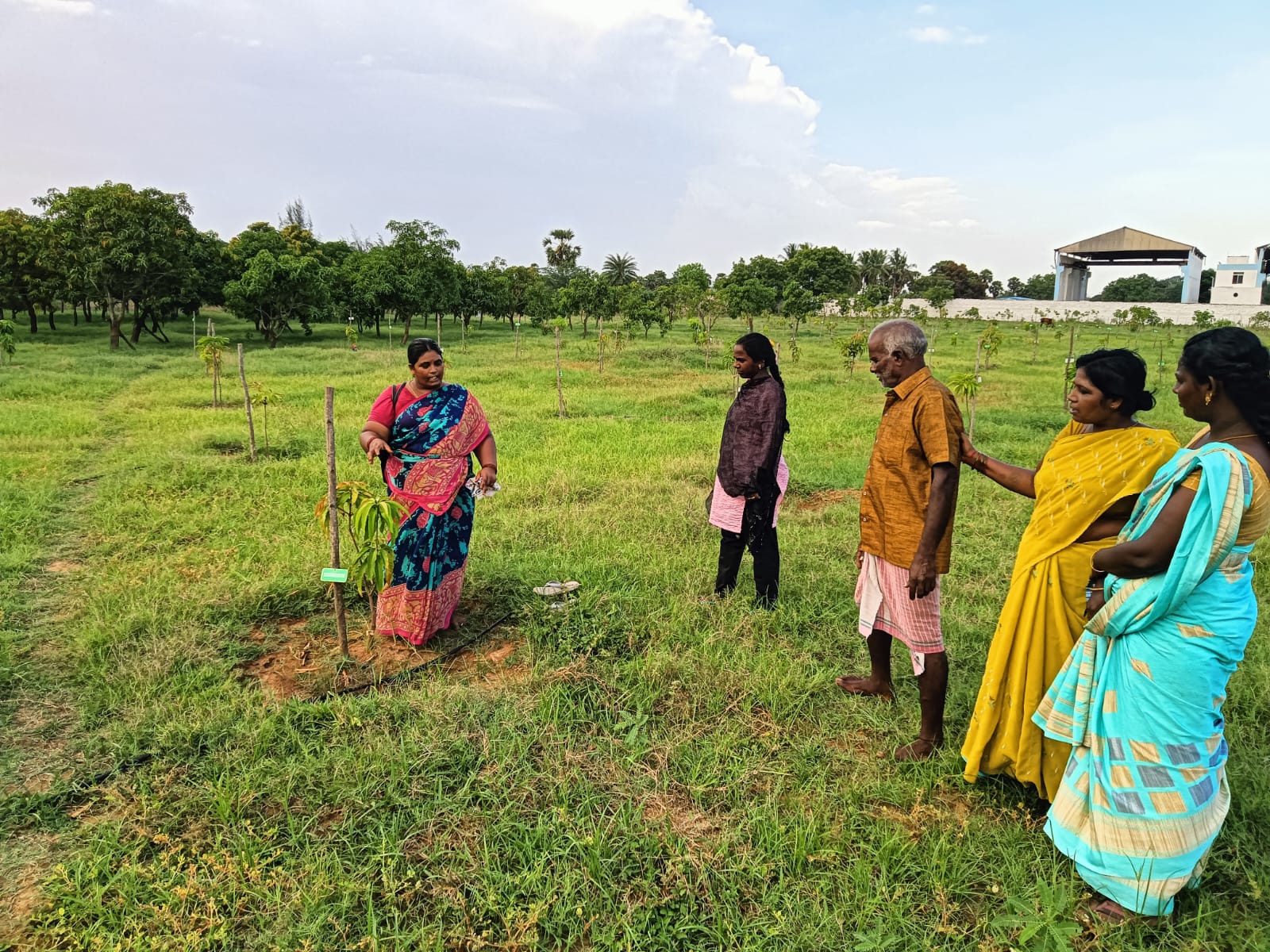
In Chennai, agroecology is making waves as a means of building urban and peri-urban resilience. Several initiatives are underway to integrate these practices into local farming systems, particularly in the peri-urban regions like Perumbakkam and Manimangalam.
Initiatives led by the Periurban Initiative and Urban Thotam, collaborating with farmers around Chennai to promote sustainable agricultural practices. This project focuses on improving soil health through composting, water conservation through drip irrigation, and increasing biodiversity by planting a variety of crops. By using agroecological methods, farmers are not only protecting their land from environmental degradation but also increasing their yield and income.
A study published by the Indo-German Centre for Sustainability (IGCS) highlights how these practices are being applied to regenerate degraded land in peri-urban areas. The study notes that agroecology can provide a buffer against the urban sprawl while fostering food security for local communities .
As we look to the future, the potential for agroecology to address the challenges of urbanization and climate change in Chennai is immense. As more farmers adopt these sustainable practices, it is essential that policymakers, researchers, and communities continue to collaborate to scale these efforts.
Globally, agroecology is recognized as a sustainable way forward. The Food and Agriculture Organization (FAO) has called for greater investment in agroecology as a strategy to transform food systems and build climate resilience. Chennai, with its growing peri-urban farming communities, is well-positioned to lead this change in India.
Agroecology is not just a solution—it’s a movement. By embracing these practices, we can build a future where food systems are resilient, communities are empowered, and ecosystems thrive.
Image Credit: Periurban Initiative


